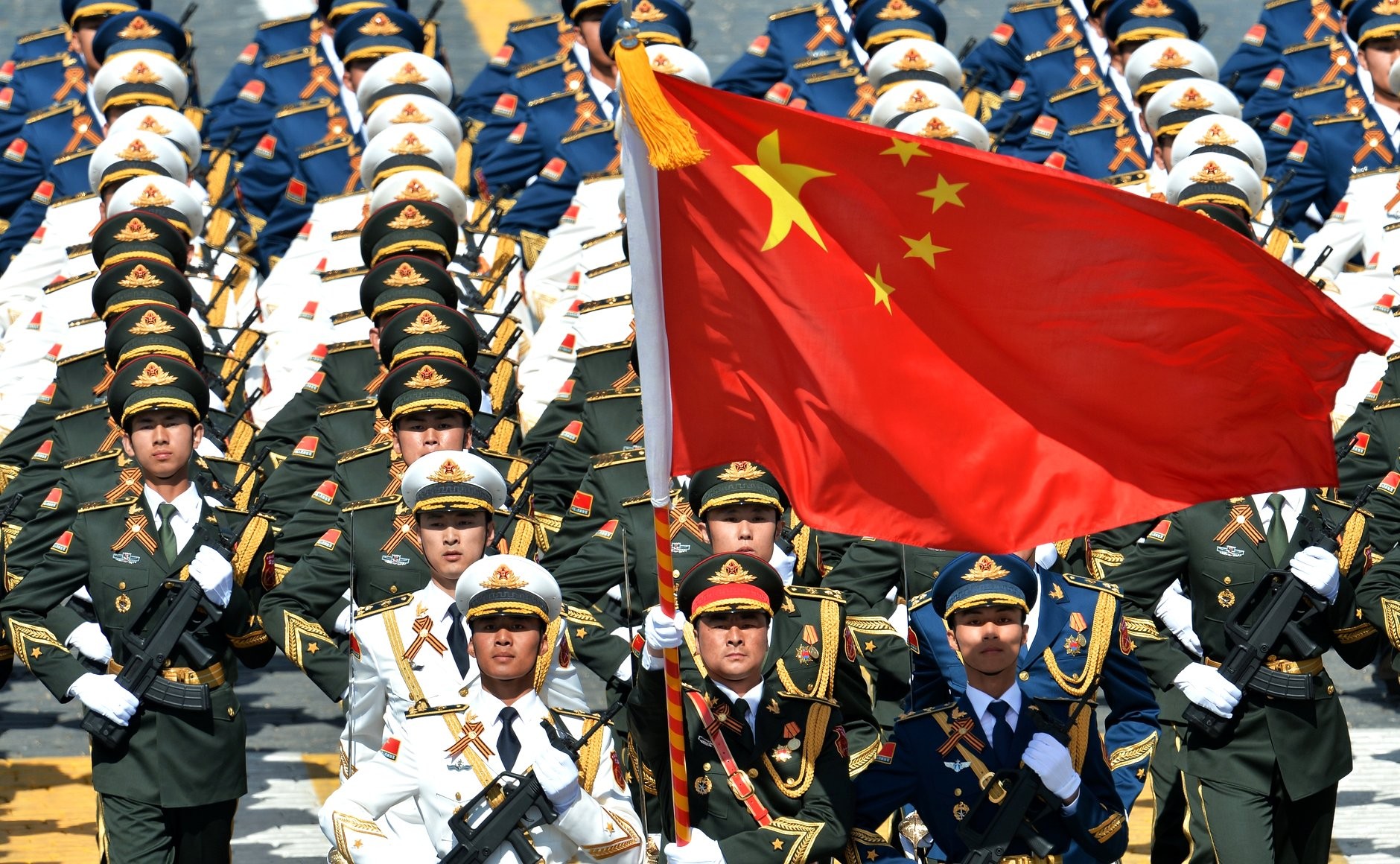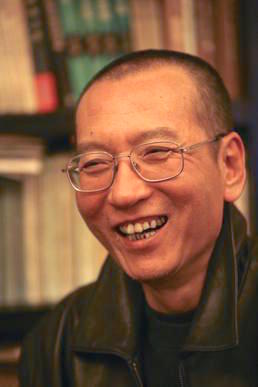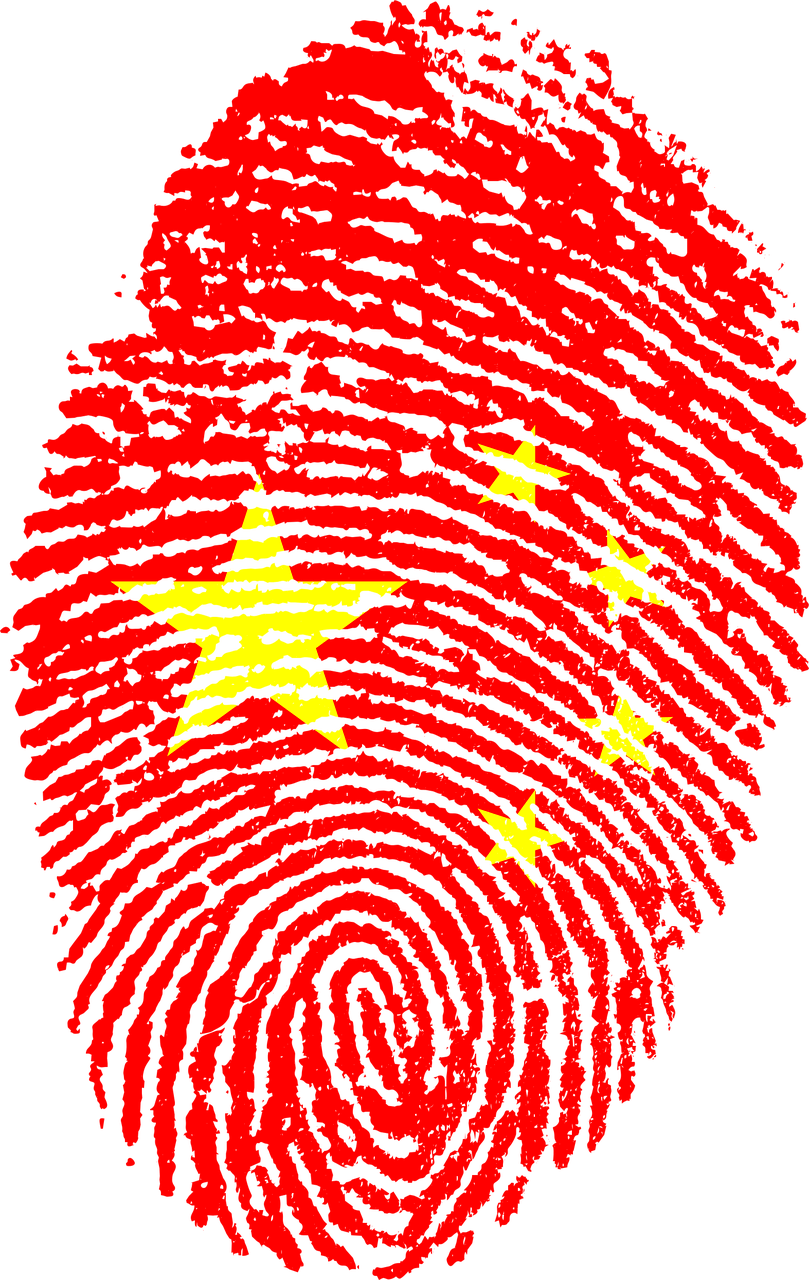Chinese Pride

By Shaun Tan
Founder, Editor-in-Chief, and Staff Writer
1/10/2019

The 70th anniversary of the People’s Republic of China is an occasion for the Chinese Communist Party (CCP) to promote itself and tap into a wellspring of Chinese solidarity. And there are indeed many Chinese who appear to identify with the CCP. While it’s to be expected that many of a country’s citizens would seem to identify with its ruling party (especially if that country is an authoritarian one where citizens are deluged in propaganda and perceived disloyalty to the regime is punished), what’s more unusual is how many members of the Chinese diaspora seem to identify with the CCP (especially in Asia) – people who are not in fact Chinese citizens.
Many overseas Chinese share propaganda from Chinese state media. They rave about the supposed superiority and benevolence of the CCP over other governments. They vaunt the ability of Chinese President Xi Jinping and the “meritocracy” of the Chinese system. They dispute accounts of the CCP’s repression and dismiss it as “Western media bias” – even when the news source isn’t actually Western (like Al Jazeera). They boast about a government that doesn’t represent them and which they’ve never lived under.
Many overseas Chinese boast about a government that doesn’t represent them and which they’ve never lived under.
It’s not obvious why. “The CCP lifted 800 million people out of poverty,” goes a common refrain, but, more likely, it was the Chinese people who lifted themselves out of poverty through their hard work and initiative. Witness, for example, how every Asian country where people who are ethnically and culturally Chinese comprise a large enough percentage of the population, (from Taiwan to Singapore to Malaysia) has seen similar prosperity (Malaysia less so in part because there Chinese comprise just a quarter of the population and are held back by affirmative action policies favoring the Malay majority). Likewise with Hong Kong, which was ruled as a British colony separate from China for the hundred years before 1997. Consider how even in the Asian countries where the Chinese are a tiny minority, like Indonesia and the Philippines where they make up 1% of the population, they control a disproportionate share of the private economy (60% in the Philippines).
The assertion that the Chinese system is a “meritocracy” is laughable to anyone who’s ever had to work closely with Chinese officials and scholars (as I have) – they’re ridiculously incompetent, and the system seems to reward patronage, sycophancy, loyalty to Party, and doctoring figures rather than ability. Then, of course, there’s the CCP’s dismal rights record and its repression of its own people; the very people you’d think overseas Chinese would care about.

Liu Xiaobo, China’s most famous political prisoner, who died in custody in 2017
So why do so many overseas Chinese support a regime that’s incredibly incompetent and authoritarian? To answer that question, perhaps it’s worth looking at a particularly interesting case – that of the Malaysian Chinese. Malaysian Chinese are generally thought to heavily favor democracy. Despite Malaysia’s relatively high economic growth, they largely despised the Barisan Nasional (BN) ruling party, criticizing it for its incompetence and authoritarianism, voting overwhelmingly against it, and cheering its fall from power in the election last year.
Yet many of them support the CCP. Sometimes the same people (and in many instances I’ve seen, the exact same people) who used to deride Malaysian state media as propaganda trash, uncritically eat up the stories from Chinese state media. The same people who used to criticize the Malaysian government when it imprisoned its critics make excuses for the CCP when it does the same. The same people who used to criticize the Malaysian government for cracking down on peaceful protests now call for the CCP to massacre the protestors in Hong Kong (even the peaceful ones) Tiananmen-style. The same people who hated the BN party for embezzling public money in the 1MDB corruption scandal cast no blame on the CCP for aiding and abetting it in its crimes and harboring one of the masterminds of the scheme. The same people who had no trouble distinguishing love for country from love for a ruling party in Malaysia seem to conflate the two in China.
The same people who had no trouble distinguishing love for country from love for a ruling party in Malaysia seem to conflate the two in China.
Why? Ask them and many will say such repression is necessary to prevent China from descending into chaos. Point out that they rejected the exact same rationale when it was used by the Malaysian government, and they’ll say China must be strong to avenge the century of humiliation inflicted on it by the Western imperialists, especially the extortion of Hong Kong by the British Empire. Ask them why national strength requires repression and they’ll say that anything the CCP does is justified because China is now powerful and no one can oppose it. Point out that, by the same token, they should have supported the British Empire taking Hong Kong because it was more powerful than China, and they’ll say that it’s “Because we’re also Chinese,” and that, whatever the case, at least Hong Kongers are now better off being ruled by fellow Chinese instead of by white men, even if they have less freedom as a result. Ask them why exactly it’s preferable to be oppressed by someone of your own ethnicity, and they’ll say it’s “Because we’re also Chinese!”

And that seems to hit at the heart of the matter. Malaysian Chinese should be skeptical of this argument – they’ve heard (and denounced) this script before. Many of them were astonished by the fact that so many Malays supported (and still support) former Malaysian Prime Minister Najib Razak despite the fact that he had zero charisma, was a heavy-handed dictator, and was obviously robbing the country blind and obstructing justice, for no better reason than that his government was more Malay supremacist and the opposition coalition was more multiracial. In other words, those Malays were ok with a government that oppressed and robbed them so long as the people oppressing and robbing them were other Malays, and actually preferred that to not being oppressed and robbed by a more multiracial government. Though they would never share in the spoils of his kleptocracy (in fact, he was stealing their tax dollars too), they reveled in the knowledge that “one of their own” enjoyed such power. At the end of the day, it came down to simple racism.
So, ultimately, it’s probably not so much the CCP’s values or its system or its ability that makes so many overseas Chinese support it. The real reason is more prosaic: it’s the pride at having the same skin color as the biggest bully on the block. Sometimes, that’s all it takes.
